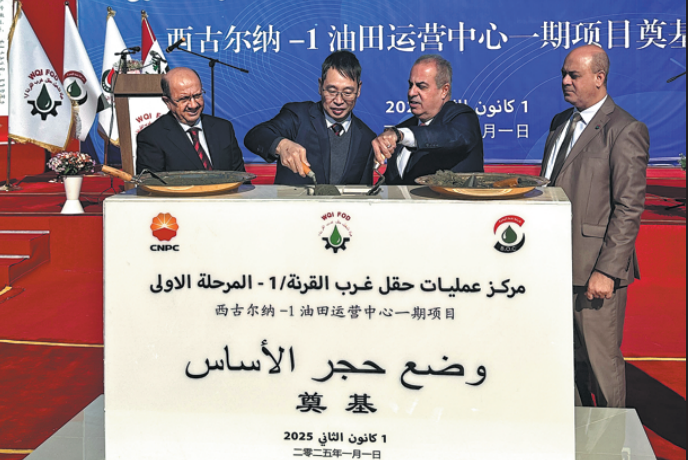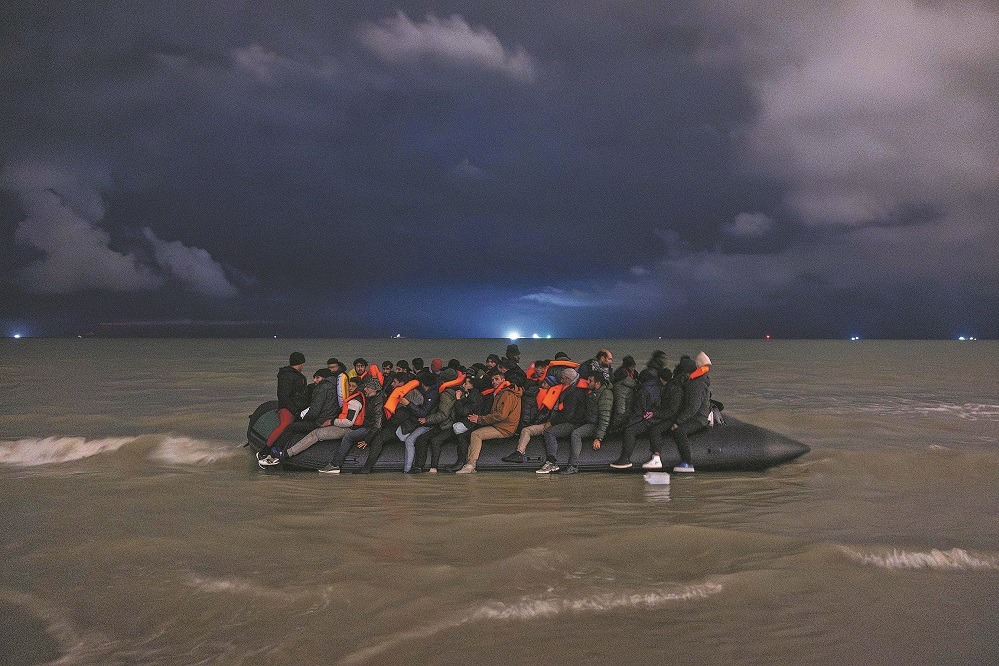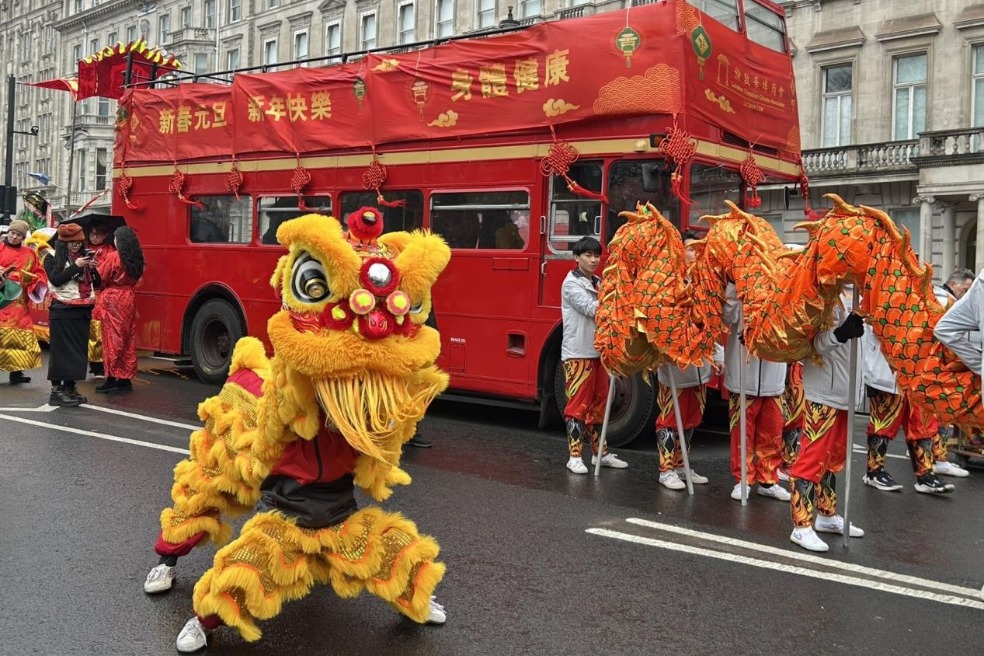Introducing the world to autistic children
By Chen Liubing | chinadaily.com.cn | Updated: 2017-04-29 06:08
Autism is a developmental disorder of the brain that affects a person's ability to communicate with others. People with autism are known to struggle with social interaction, speech or self-care. It is estimated that at least 10 million people have autism in China. Among them, about two million are under the age of 14. Every year, nearly 200,000 children are diagnosed with autism. "Children of the Stars" is a phrase in China used to describe autistic children.
Wu Liangsheng, 42, a professional specializing in youth autism treatment at the Beijing Stars and Rain Teaching Institute, has devoted 20 years of his career and helped more than 4,000 autistic children communicate with the world. Love, patience, responsibility and science are four key words that sum up Wu's philosophy on treatment methods of autism over the past two decades.
 |
| Wu Liangsheng, 42, director of the youth department at the Beijing Stars and Rain Teaching Institute, the first non-governmental educational organization in China dedicated to serving children with autism, talks about his story in Beijing on April 20. [Photo by Wang Zhuangfei/China Daily] |
Love: Treat children as family
When Wu first joined the Beijing Stars and Rain Teaching Institute, the first non-governmental educational organization in China dedicated to serving children with autism, he was only 21 years old. "The school closed at 4:30 pm, and I would go to students' homes after class and offer free tutoring," Wu said. "The only thought in my brain was to help them, the students, and the parents."
In 1999, there was a student with a behavioral problem. He refused to cooperate, especially with his mother present, so teachers had to send his mother home and look after him themselves, Wu said.
"He was a picky-eater," Wu said with a grin. "He wanted to eat pork and preserved egg congee for breakfast. Our class started at 8:30 am, and there was no time for me to prepare such a complicated meal for him, so I decided to cook the meat and congee the night before, and heated the congee the next morning."
Wu, at the time a newlywed, said his wife felt a little bit "jealous" and complained that she was ignored, as Wu never asked her what she wanted to eat in the morning.
At first the boy called him Mr Wu, and one day the words "Daddy Wu" slipped from his mouth, Wu recalled.
"He was the first student who called me 'Dad'. The moniker later spread, but he was the first one," Wu recalled emotionally.
























